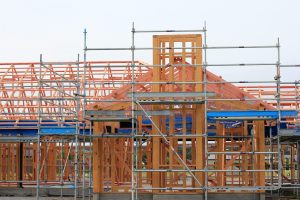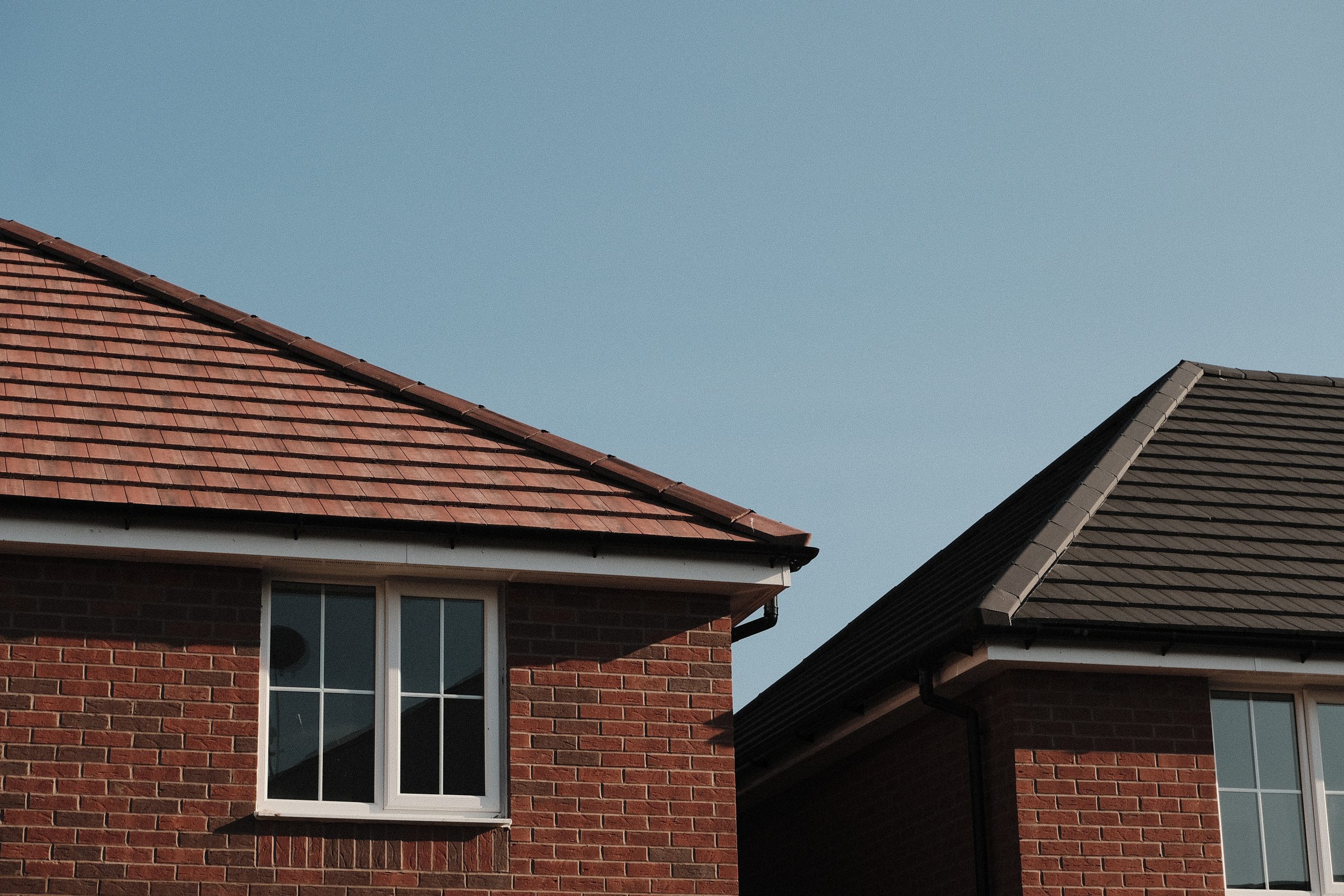Is it harder to get mortgage for new build UK?
Securing a mortgage for a new build property in the UK can indeed present some challenges compared to obtaining a mortgage for an older property. Lenders have varying definitions of new builds, typically referring to properties that have never been lived in before.
This can include homes that are still in the construction phase or those that have undergone substantial renovation.
There are several factors to consider when purchasing a new build. Firstly, it’s important to be aware that new builds often come with a higher price tag compared to similar older properties. This is commonly referred to as the “new-build premium.”
However, it’s worth noting that the value of your new build home may experience a drop within the first few years, as the appeal of being brand new diminishes once it has been lived in. Therefore, it is advisable not to rush into selling your new home until you have resided in it for a while.
Obtaining a Mortgage for a New Build Property in the UK
When buying a new build, you typically need to pay a reservation fee to the developer. If you opt to purchase off-plan, be prepared for potential delays in construction and completion. Unforeseen issues and setbacks are common in construction projects, which can result in delays to the estimated moving-in date.
Obtaining a mortgage for a new build property often requires a larger deposit and may entail higher interest rates compared to a standard residential mortgage. Lenders tend to have stricter lending criteria for new builds, and the timeframe for securing your mortgage will be a crucial factor to consider.
In summary, while there are numerous advantages to purchasing a new build property, such as improved energy efficiency, reduced maintenance, and freedom from property chains, obtaining a mortgage for a new build in the UK can be more challenging.
Factors like the new-build premium, potential value fluctuations, reservation fees, construction delays, larger deposits, higher interest rates, and stricter lending criteria all contribute to the complexities of securing a new build mortgage.
How much deposit required for new build UK?
When purchasing a new build property in the UK, the deposit requirements are typically higher compared to other types of properties. For a new-build house, you will generally need a deposit of around 15% of the property’s value.
On the other hand, for a new-build flat, the deposit requirement is usually higher, typically around 30% of the property’s value.

This is in contrast to the lower deposit requirements of 10% or even 5% that are often required for other property types.
However, it’s worth noting that various government schemes are available specifically designed to assist individuals who aspire to own a new build home.
Can you borrow money to build a house UK?
If you are planning to build a house or hire someone to do it for you in the UK, there is an option to obtain a government-backed loan known as the Help to Build equity loan. This loan can cover a portion of the overall construction costs.
The Help to Build equity loan can be applied for various purposes, including purchasing land and constructing a new home, building an ‘airspace development’ flat (which refers to new properties constructed above existing buildings), converting a commercial property into a residential one, building a ‘custom shell home’ (where you’re responsible for the interior design while a professional constructs the structure), or demolishing an existing property to replace it with a new home.
It’s important to note that the loan cannot be used to build multiple homes or make upgrades to an existing property. Additionally, the loan is not applicable for building a second home.
To qualify for the loan, you must reside in the newly built home and sell any other residential property you own within 12 months of completing the new home.
The Benefits of an Equity Loan in the UK
The amount of money you can receive through the equity loan is contingent on your ability to secure a mortgage for the home you intend to build. You can apply for an equity loan ranging from 5% to 20% of the estimated land and building costs (or up to 40% in London).
The estimated costs should not exceed £600,000 if you’re buying the land and constructing your home (with the build cost not exceeding £400,000) or £400,000 if you’re building on land you already own.
When estimating the project cost, it’s important to exclude VAT and any funds set aside for potential budget overruns from the loan amount. Although your mortgage does not need to be approved at the time of application, you will require a mortgage offer from a lender to commence the project and obtain the equity loan.

The mortgage must be a self-build mortgage from a lender registered with the Help to Build program.
In terms of fees, a £1 monthly fee is charged to manage the loan, starting from the moment Homes England disburses the loan amount to your lender. Additionally, interest on the loan is payable on a monthly basis, commencing 5 years after the date indicated on the equity mortgage document.
In the sixth year, you’ll pay a total of 1.75% interest on the borrowed equity loan amount, divided into 12 monthly installments. From the seventh year onwards, the interest amount will increase in line with the consumer price index plus 2%. It’s worth noting that paying interest does not contribute to repaying the equity loan.
Are new builds a good investment UK?
When determining whether new builds are a good investment in the UK, it’s important to consider several factors and tailor the decision to your specific needs and preferences. Instead of asking if new builds are a good buy, it’s more appropriate to ask if they are the right choice for you.
To help you make an informed decision, let’s examine the advantages of new builds. First, new builds are chain-free, which means there are no linked property transactions involved.
This reduces the risk of the purchase falling through due to chain-related issues and eliminates the possibility of being gazumped, where the seller accepts a higher offer after your offer has been accepted.
New builds also offer incentives, such as upgraded kitchens, bathrooms, and gardens, as well as options for Stamp Tax and legal assistance. Additionally, new builds come with a 10-year NHBC warranty, providing peace of mind for the quality of the property. They are often more energy-efficient, resulting in lower running costs compared to older properties.
New Builds vs. Older Properties: Finding Your Perfect Fit in the UK Housing Market
Flexibility is another advantage of new builds, as developers can be more accommodating with dates and deposit assistance. Furthermore, being the first owner of a new build allows you to customize and design the property to your liking.
On the other hand, older properties have their own advantages. They are often more affordable initially, although there are options like Help to Buy for new builds. Older properties may offer more character and a wider variety of options in the market.
They can also provide more parking space and generally have larger square footage compared to new builds.

Ultimately, the decision between new builds and older properties depends on your priorities and circumstances.
New builds offer the advantages of being chain-free, low-risk, and customizable, while older properties may provide affordability, character, and more spaciousness. Both types of properties appreciate at a similar rate.
In summary, when considering whether new builds are a good investment in the UK, it’s crucial to evaluate the specific advantages and disadvantages that align with your preferences and requirements.







